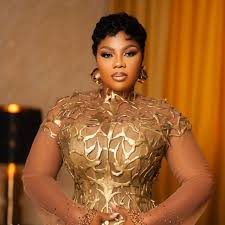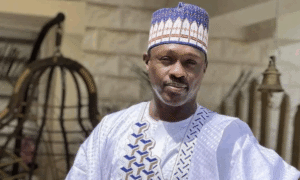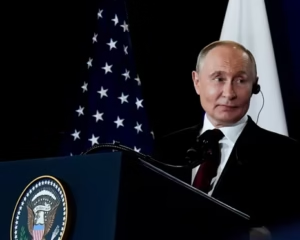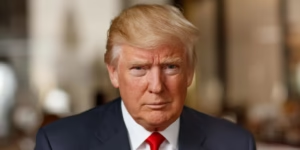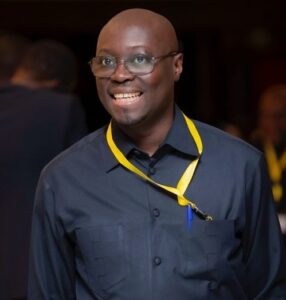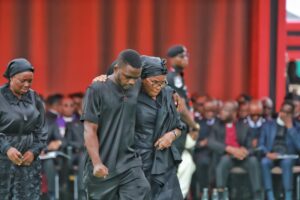Caught Between Fans and Foes: Social Intolerance, Cyberbullying, and Political Pressure on Celebrities
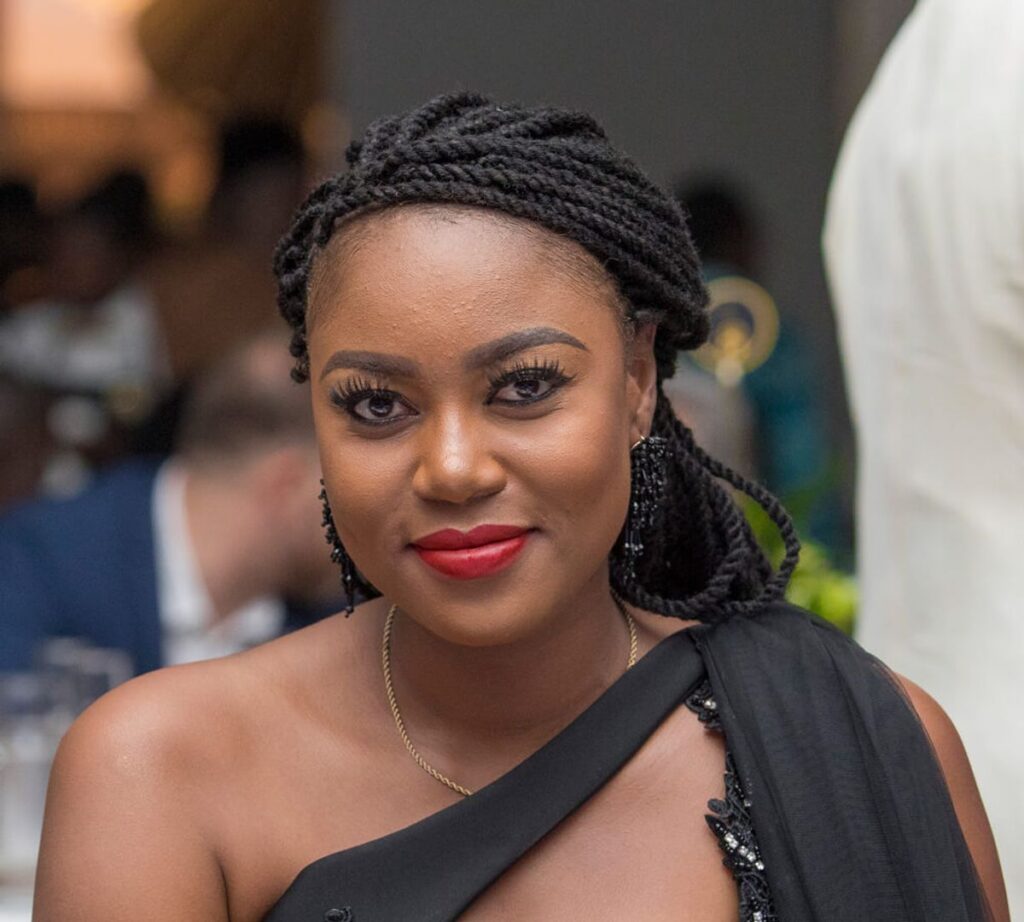
Social media was once hailed as a revolutionary tool, an unprecedented opportunity for open communication, where voices could be heard, ideas shared, and movements ignited. Platforms like X (formerly Twitter), Facebook, and Instagram became essential for human rights advocacy, freedom of speech, and social causes, making it easier than ever for individuals to express their opinions and for public figures to connect with their audiences. In Ghana, however, the promise of this digital utopia has quickly evolved into something far darker. What was once intended as a platform to empower has now turned into a battlefield where celebrities’ reputations are at risk, all while navigating fan expectations, political pressures, and cyberbullying.
The Double-Edged Sword: Empowerment or Entanglement?
Social media continues to offer celebrities significant benefits. They can promote their latest endorsements, interact directly with fans, and expand their reach globally. For fans, it provides the illusion of intimacy with their favorite stars, while giving everyone the opportunity to voice their opinions. But beneath the glitz and glamour, social media has become a breeding ground for negativity and toxicity.
What should be an open space for self-expression has instead turned into an arena for constant scrutiny, coercion, and public attacks. Celebrities, once celebrated for their individuality, now face an unrelenting pressure to take stances on every issue, whether they agree with it or not. Failing to align with popular opinion can result in immediate backlash, and choosing neutrality or simply declining to engage on certain issues can be seen as a cardinal sin. The public expects celebrities to either join the conversation or risk being ostracized, often with their careers hanging in the balance.
This environment has created a dangerous culture of self-censorship, where one wrong move—whether a poorly chosen emoji or a controversial comment—can have serious consequences. Ghanaian celebrities are now learning that fame comes at a much higher price than they ever anticipated.
From Tweets to Streets: The Genesis of Social Intolerance
This trend began to take shape in 2015, when actress Yvonne Nelson’s #DumsorMustStop campaign brought national attention to Ghana’s energy crisis. The campaign quickly gained momentum, with thousands of citizens and public figures voicing their support for ending the country’s frequent power outages. However, not everyone agreed. Comedian Oscar David, who opposed the movement, was immediately targeted by online trolls, subjected to intense ridicule and personal attacks. After enduring this wave of online abuse, David was forced to publicly reverse his stance during an interview in May 2015.
This marked the beginning of a worrying pattern: public figures who dared to express opinions that diverged from the prevailing social or political sentiment were labeled as enemies of the people. Over time, this trend evolved, and what had initially been an isolated attack on dissenters became a more systematic effort to silence free speech, especially when it came from prominent figures. The pressure to conform intensified, and celebrities who refused to toe the line faced an increasing level of vitriol.
By 2021, the #FixTheCountry movement had amplified these tensions. Celebrities found themselves caught in a difficult position: either they publicly supported the cause or risked being ostracized. Silence was no longer considered a neutral position—it was viewed as complicity, and those who refused to speak out faced significant professional consequences. Shows were canceled, music releases delayed, and projects abandoned, all to avoid drawing the ire of social media mobs.
From Online to Real-World Consequences: The #StopGalamsey Protests
The situation in Ghana reached new heights in 2024 with the #StopGalamsey protests, which initially began online but soon spilled into real-world demonstrations. Protestors blocked roads, disrupted public events, and created a palpable divide in the nation. Celebrities found themselves under intense scrutiny, with their every move being analyzed. Public shaming became a tool for those who wanted to force others to take a side.
Those who chose not to join the protest or criticize the government found themselves not only subject to online vitriol but also faced physical barriers, with some even being blocked from performing or participating in events. This further demonstrated how, in today’s Ghana, the line between online activity and real-life consequences is increasingly blurred. Celebrities who might have once been able to avoid engaging in political discourse now found themselves thrust into the heart of it, with their silence interpreted as betrayal.
The Sarkodie and Stonebwoy Saga: Navigating the Political Minefield
The pressure on celebrities to take a clear stance on political issues was especially evident during the 2024 election season. Rapper Sarkodie, known for his typically apolitical stance, found himself at the center of a digital firestorm. Fans and critics alike chastised him for not publicly opposing the government or endorsing political change. Sarkodie, who had largely avoided political commentary throughout his career, was accused of being disengaged and indifferent to the country’s issues, even though his music often addressed social and economic challenges.
While Sarkodie’s stance has generally been one of neutrality, he became embroiled in controversy after releasing music that was interpreted as politically charged. One such instance was in 2020, when his lyrics touched on issues like inflation and power outages, which led to accusations of him politicizing his music. Despite his continued avoidance of party politics, Sarkodie became a target for both fans and detractors alike.
Stonebwoy, a fellow artist, found himself in a similar situation. While focusing on social causes like #FixTheCountry and #StopGalamsey, Stonebwoy’s refusal to publicly align with a political party made him a target for online backlash. Despite staying neutral and avoiding political endorsements, Stonebwoy faced an outpouring of criticism, including calls for boycotts and accusations of betrayal.
The core issue here was that neutrality itself had become a crime in the eyes of some public groups. Celebrities, it seemed, were no longer allowed to stay neutral—they had to pick a side or risk being canceled.
The Way Forward: Creating an Environment for Respectful Dialogue
The current climate of coercion, cyberbullying, and intolerance toward celebrities highlights a deeper issue in Ghana’s social media culture. While public figures have always faced scrutiny, the current pressure to conform to popular opinion and publicly endorse certain movements is leading to a stifling of free speech and expression. Social media, which was once a tool for empowerment and connection, has now become a platform where the loudest voices dominate, leaving little room for nuanced opinions or political neutrality.
To combat this growing intolerance, there needs to be a concerted effort to create a more respectful and empathetic digital environment. Social media should be a space where diverse viewpoints are welcomed, not one where people are punished for their opinions or silenced out of fear. Celebrities, like any other individuals, have the right to privacy and freedom of expression, and these rights must be defended.
By encouraging constructive dialogue, fostering respect for differing opinions, and protecting the right to free speech, Ghana can create an online ecosystem that serves the best interests of both public figures and the general public. Only then will we be able to truly harness the power of social media without undermining personal autonomy or stifling creativity.

